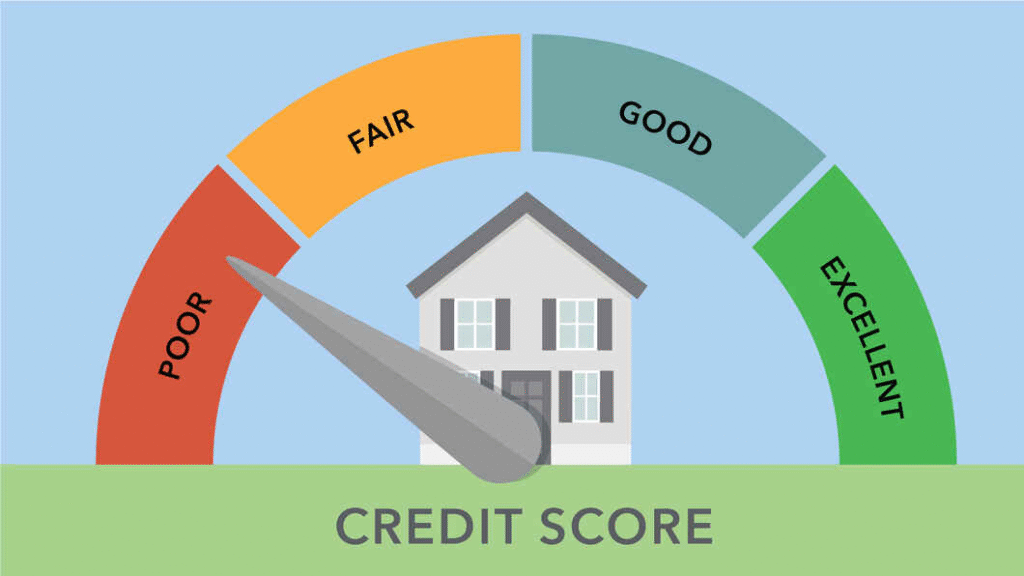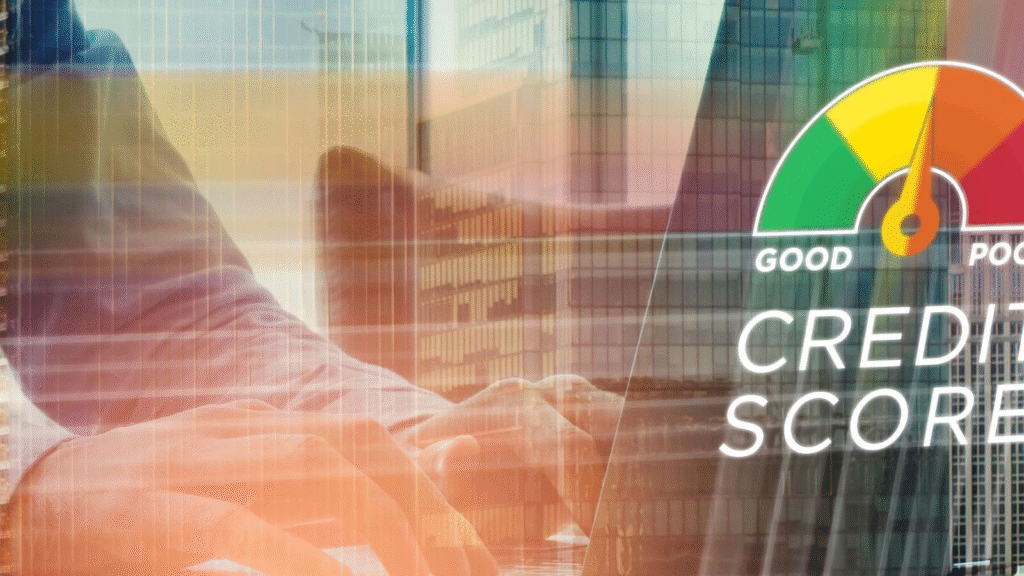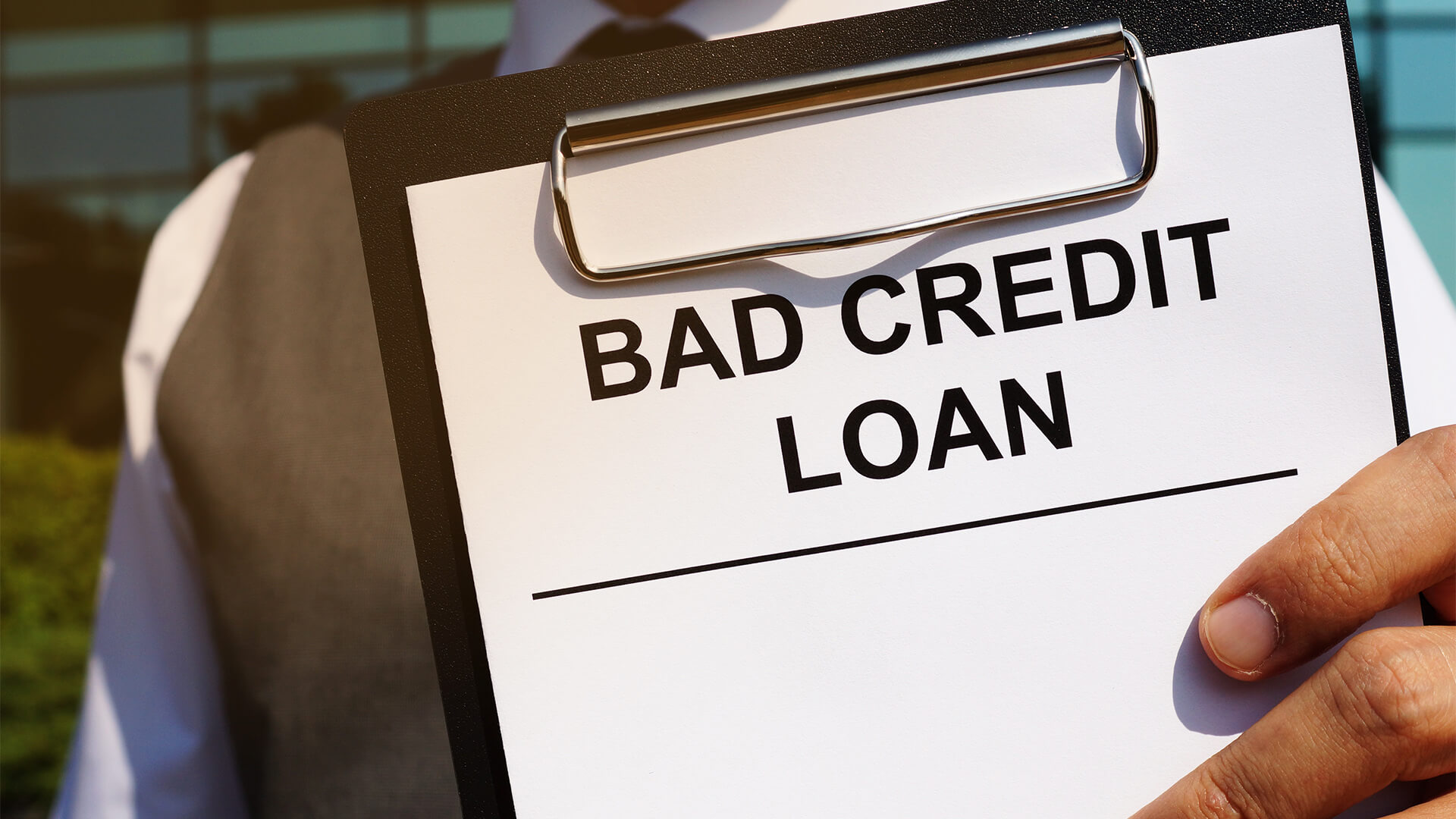Introduction
Bad credit can feel like a heavy burden, especially when you need a loan. Whether it’s to cover an emergency expense, consolidate debt, or invest in a new opportunity, many people with poor credit wonder: “Is it possible to qualify for a loan if you have bad credit?” The short answer is yes — but it requires knowledge, planning, and sometimes a little creativity.
In this article, we’ll explore the challenges of getting a loan with bad credit, the types of loans you can consider, strategies to improve your chances, and what to watch out for so you don’t fall into a financial trap. Whether you’ve struggled with missed payments, collections, or a low credit score, this guide will help you navigate your loan options confidently.
Key Takeaways
- It is possible to qualify for a loan with bad credit, but terms may be less favorable.
- Knowing your credit score helps you target appropriate lenders.
- Options include secured loans, credit union loans, co-signed loans, and more.
- Comparing lenders, offering collateral, or using a co-signer can improve your chances.
- Avoid payday loans and predatory lenders at all costs.
- Building better credit over time will unlock more affordable borrowing options.
- Always read the loan terms carefully and borrow responsibly.
Understanding Bad Credit
What Is a Bad Credit Score?

Credit scores typically range from 300 to 850, with scores below 580 considered poor or bad credit. The most widely used credit scoring models in the U.S. are FICO® Score and VantageScore.
- 300–579: Poor credit
- 580–669: Fair credit
- 670–739: Good credit
- 740–799: Very good credit
- 800–850: Excellent credit
Your credit score is influenced by:
- Payment history
- Credit utilization
- Length of credit history
- Types of credit
- New credit inquiries
A bad credit score signals to lenders that you may be a higher-risk borrower — but that doesn’t necessarily mean you can’t get a loan.
Why Is It Hard to Qualify for a Loan with Bad Credit?
Higher Risk for Lenders
Lenders view applicants with poor credit as more likely to default. This increases their risk, which often leads to:
- Higher interest rates
- Stricter eligibility requirements
- Smaller loan amounts
Fewer Lender Options
Many traditional lenders (such as banks and credit unions) prefer working with borrowers with good to excellent credit. If you have bad credit, your pool of available lenders may shrink to:
- Online lenders specializing in bad credit loans
- Payday lenders (not recommended)
- Credit unions with flexible lending policies
Unfavorable Loan Terms
With bad credit, you may still be offered loans, but often with:
- High fees
- Short repayment terms
- High monthly payments
Types of Loans Available for Bad Credit
Even with bad credit, several loan options exist:
Secured Personal Loans
These loans require collateral, such as a car or savings account. Since lenders can claim the asset if you default, they’re often more willing to lend even with poor credit.
Pros:
- Easier to qualify
- Lower interest rates than unsecured bad credit loans
Cons:
- Risk of losing your collateral
Unsecured Personal Loans
These loans don’t require collateral but are harder to qualify for with bad credit.
Pros:
- No asset required
- Quick funding
Cons:
- Higher interest rates
- Smaller loan amounts
Payday Alternative Loans (PALs)
Offered by some credit unions, PALs are small-dollar loans with regulated interest rates — a much safer option than payday loans.
Pros:
- Capped fees
- Designed for bad credit borrowers
Cons:
- Small loan limits
- Membership in a credit union required
Co-Signed Loans
You apply with a creditworthy co-signer who agrees to repay if you default.
Pros:
- Lower rates
- Higher chance of approval
Cons:
- Relationship risk if you miss payments
Home Equity Loans or HELOCs
If you own a home, tapping into your equity can provide loan funds.
Pros:
- Lower interest rates
- Potentially larger amounts
Cons:
- Your home is collateral
- Closing costs apply
How to Improve Your Chances of Getting a Loan with Bad Credit
Know Your Credit Score
Start by checking your credit score for free through:
- Credit card issuers
- Credit monitoring services
- AnnualCreditReport.com
Knowing your score helps you target the right lenders.
Review and Correct Credit Report Errors
Errors on your credit report can drag down your score. Look for:
- Incorrect balances
- Wrong accounts
- Outdated negative marks
Dispute any inaccuracies with the credit bureau.
Compare Multiple Lenders
Shop around and compare:
- Interest rates
- Loan terms
- Fees
- Repayment schedules
Use prequalification tools to see potential offers without a hard credit pull.
Increase Your Income
Some lenders consider income as part of loan approval. Boosting your income — through side gigs or freelance work — may improve your odds.
Offer Collateral
Offering collateral (on a secured loan) reduces lender risk and increases your approval chances.
Apply with a Co-Signer
A co-signer with good credit can strengthen your application and unlock better rates.
Borrow Only What You Need
Borrowing smaller amounts may improve approval chances. Lenders are more likely to approve manageable loan sizes.
What to Avoid When Seeking a Bad Credit Loan

Payday Loans
Payday loans may offer fast cash, but at triple-digit APRs and short repayment terms, they can create a debt spiral.
Loan Scams
Watch for red flags like:
- Guarantees of approval
- Upfront fees
- Unlicensed lenders
Always verify a lender’s reputation and licensing.
Predatory Loan Terms
Be wary of:
- Prepayment penalties
- Excessive origination fees
- Balloon payments
Read the fine print carefully before signing.
Building Better Credit for Future Loans
If you can’t qualify for an affordable loan today, work to improve your credit:
- Pay all bills on time
- Reduce credit card balances
- Keep old accounts open
- Use credit-builder loans or secured credit cards
Over time, responsible financial habits can rebuild your credit profile.
Alternatives to Bad Credit Loans
Before applying for a bad credit loan, consider:
Borrowing from Family or Friends
If possible, seek a personal loan from someone you trust — but set clear terms in writing.
401(k) Loan
If your plan allows, a 401(k) loan lets you borrow against your retirement savings at low rates — but there are risks if you leave your job.
Credit Union Membership
Many credit unions offer flexible lending to members with poor credit.
Local Nonprofits
Some community organizations offer small emergency loans or financial assistance.
How to Improve Your Credit Score Before Applying for a Loan
Why Does Your Credit Score Matter for a Loan?
- Determines approval: Lenders check your credit score to decide whether to approve your application.
- Affects interest rate: Higher scores mean lower interest rates, saving you money.
- Impacts loan terms: Better credit allows for larger loan amounts and longer repayment terms.
A small improvement in your credit score can make a big difference in how much you’ll pay over time.
How Long Does It Take to Improve Your Credit?
- Some improvements can happen in 1-3 months (paying down debt, correcting errors).
- Bigger improvements can take 6–12 months or longer, depending on your credit history.
That’s why it’s smart to start improving your score before you apply for a loan.
Smart Ways to Improve Your Credit Score Before Applying for a Loan
Check Your Credit Report
Go to AnnualCreditReport.com and request free reports from:
- Experian
- Equifax
- TransUnion
Look for errors, such as:
- Incorrect late payments
- Wrong balances
- Accounts that aren’t yours
Dispute any inaccuracies — fixing these can give your score a quick boost.
Pay Down Credit Card Balances
Your credit utilization ratio (how much you owe vs. your credit limit) is a major factor in your score.
Aim to use less than 30% of your credit limit — and under 10% is even better.
Example:
- Card limit: $5,000
- Ideal balance: Less than $1,500
Paying down balances can raise your score in as little as 30–60 days.
Make All Payments On Time
Your payment history makes up 35% of your score. Late or missed payments hurt your credit badly.
To stay on track:
- Set up automatic payments
- Use calendar reminders
- Pay at least the minimum, on time, every time
Avoid New Hard Inquiries
Every time you apply for a new credit card or loan, a “hard inquiry” appears on your credit report, slightly lowering your score.
Tip: Avoid applying for new credit 3–6 months before applying for a loan.
Keep Old Accounts Open
The longer your credit history, the better. Don’t close old credit cards even if you don’t use them often — keeping them open improves your average account age and helps your score.
Pay Off Past-Due Accounts
If you have accounts that are past due, bring them current. Lenders want to see that you’re managing debt responsibly.
Paying off collection accounts can also improve your score — but be sure to negotiate for the account to be reported as “Paid in Full” or “Settled.”
Become an Authorized User
If you have a trusted family member or friend with good credit, ask if they’ll add you as an authorized user on one of their credit cards.
Their good payment history will appear on your report and help boost your score.
Use a Credit-Builder Loan
Some banks and credit unions offer small credit-builder loans that are designed to help you build credit. Payments are reported to the credit bureaus, improving your score over time.
Monitor Your Credit Regularly
Use free services (Credit Karma, Credit Sesame, your bank’s app) to monitor your credit and track improvements. This will help you catch problems early and stay motivated.
Be Patient and Consistent
Building credit takes time. Be consistent about:
- Paying bills on time
- Keeping balances low
- Avoiding unnecessary inquiries
Over time, your credit profile will grow stronger — and you’ll qualify for better loans.
The Role of Credit Counseling for Bad Credit Borrowers
What Is Credit Counseling?
Credit counseling is a service designed to help individuals:
- Understand their credit reports
- Manage existing debt
- Learn budgeting and financial management skills
- Avoid bankruptcy
- Improve their credit score over time
Nonprofit credit counseling agencies often offer free or low-cost services.
How Credit Counseling Helps Bad Credit Borrowers
Stops the Credit Spiral

When you’re drowning in debt, it’s easy to fall into a cycle of:
- Missed payments
- Higher interest rates
- Lower credit score
- More difficulty getting approved
Credit counseling helps stop the spiral by creating a realistic plan to manage your debts.
Helps Rebuild Your Credit
A Debt Management Plan often improves your credit score over time because:
- It helps you make consistent, on-time payments.
- It can lower credit utilization as you pay off balances.
- It may help settle accounts in collections.
Reduces Interest Rates and Fees
Many counseling agencies have relationships with credit card companies and lenders. They may negotiate:
- Lower interest rates
- Waived fees
- More affordable monthly payments
Provides a Roadmap to Debt Freedom
When you’re in financial trouble, it’s hard to see a way out.
A counselor provides a custom roadmap and helps you stay motivated along the way.
Prevents Bankruptcy
In some cases, Credit counseling can help you avoid bankruptcy — which can severely damage your credit for years. A Debt Management Plan is often a better alternative to filing bankruptcy.
Also Read : What Is an Unsecured Loan and How Does It Work?
Conclusion
So, is it possible to qualify for a loan if you have bad credit? The answer is absolutely — but it requires a careful approach.
By understanding your credit profile, researching your options, improving your application, and avoiding predatory lenders, you can secure a loan even with bad credit. And remember, the goal should be not just to get a loan, but to use it as a step toward stronger financial health.
Whether you need funds for an emergency or a new opportunity, take the time to make informed, responsible choices. A loan can help — but improving your credit for the future will open even more doors.
FAQs
What credit score is considered “bad” for loan approval?
Scores below 580 are typically considered bad. Lenders may also scrutinize your credit history and income, not just your score.
Can I qualify for a loan with no credit history?
Yes. Lenders may consider your income, employment, and alternative data. You may also consider credit-builder loans to establish a credit history.
Will applying for a bad credit loan hurt my credit?
Only if the lender performs a hard inquiry, which may slightly lower your score. Using prequalification tools minimizes this risk.
What are typical interest rates for bad credit loans?
Rates can range from 15% to 36% or higher, depending on your credit profile and lender.
How long does it take to get approved for a bad credit loan?
Some online lenders approve loans within 24 to 48 hours, while others take a few days.
Can paying off a bad credit loan improve my credit score?
Yes. On-time payments and paying off the loan can help rebuild your credit over time.
Are there government programs for loans with bad credit?
Some federal and state programs, such as FHA loans for homebuyers, accommodate borrowers with lower credit scores.
